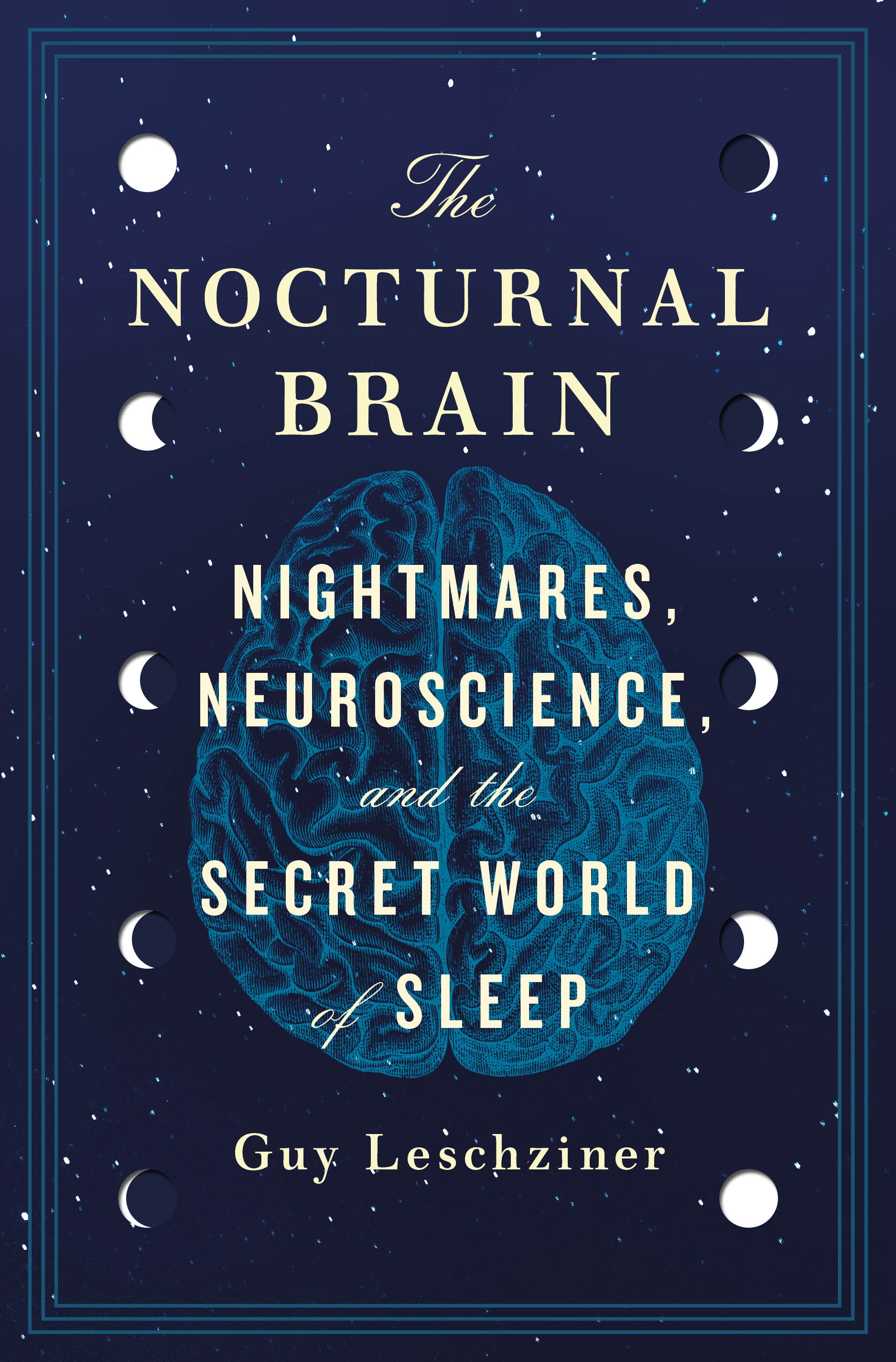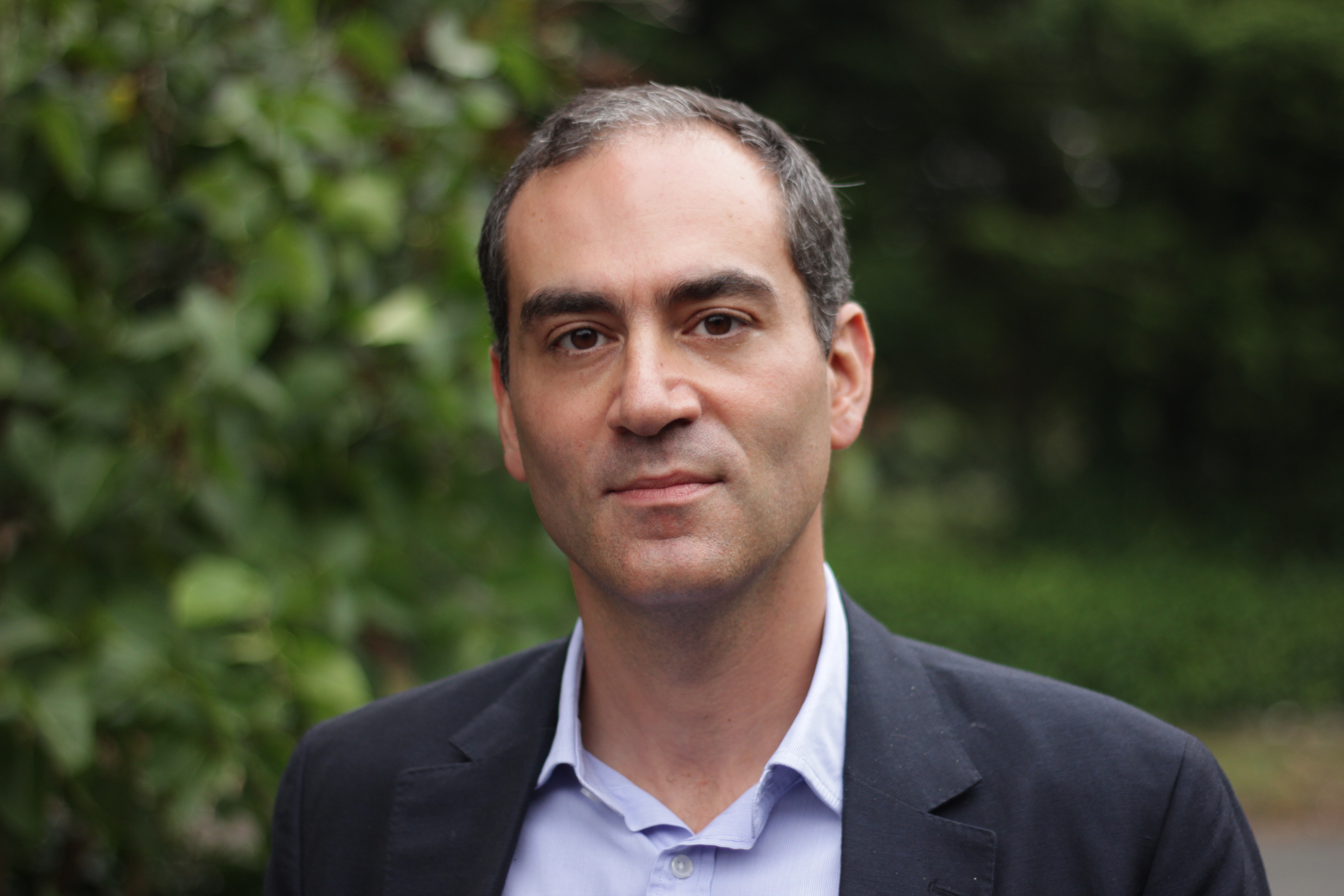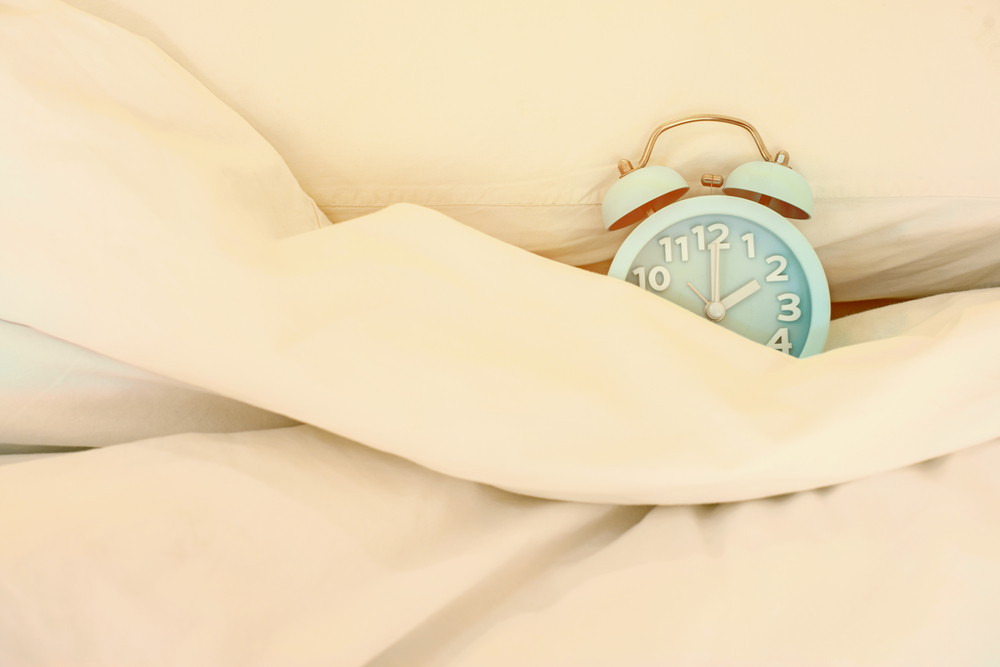You can survive longer without food than without sleep. The fact that sleep is fundamental to life is unarguable, but in modern society, at least until recently, we have taken for granted that sleep simply happens, and is a necessary evil to allow us to live our waking lives. Recently, however, largely through the efforts of many of my colleagues around the world, there has been a shift in how we view sleep. Rather than being a hindrance to our working and social lives, a biological process that keeps us from being productive, the concept of the importance of sleep is percolating through. Its role in the maintenance of our physical and mental health, our sporting prowess, our cognitive abilities, even in our happiness, is slowly being appreciated. And rightly so. People are taking sleep seriously.
We have moved a long way from the Egyptian Dream Book, and indeed from Freud’s Interpretation of Dreams. Freud of course was not even aware of the existence of REM sleep, discovered half a century later, but our understanding of sleep and its disorders, even in the past fifty years, has exploded. There is an apocryphal-sounding but true story of the inventor of CPAP — the technique used to treat sleep apnoea — being invited from Australia to Edinburgh in the 1970s to give a keynote lecture at a conference. At the end of his talk, the professor of medicine at Edinburgh stood up and announced to the audience, composed of the great and the good of the UK medical establishment, that sleep apnoea did not exist in ‘this country’, and perhaps ‘we have exported it all to the colonies’. The eminent Australian physician was so shocked and insulted that he did not return to the UK for some twenty years.
Nowadays, such a statement would be unthinkable, even by the most medically ignorant. And the column by the general practitioner published by the British Medical Journal in 2013, in which he stated that restless legs syndrome was a condition made up by pharmaceutical companies to flog drugs, would, I hope, not be published today. We have moved away from sleep and dreaming being a spiritual phenomenon to one firmly rooted in the physical realm, with an underlying neurological basis. We have fundamentally understood that sleep disorders derive from neurological, psychiatric and respiratory dysfunction, rather than God, witchcraft or lunacy. And we strongly grasp the necessity of sleep in the regulation of neurological, psychological and cardiovascular health.
This shift has driven, and also been driven by, the view that sleep medicine is a multidisciplinary field, requiring the involvement of neurologists, respiratory physicians, psychiatrists, cardiologists, psychologists, ear, nose and throat surgeons, and dentists. And that sleep research necessitates scientists specialised in all these fields.
Technological advances in studying sleep have also been crucial to this scientific progress. It started with the EEG in defining the different stages of sleep, but we now have ways of measuring airflow, chest movements, body movements. We have the ability to image the brain, not only its structure but also its function, using techniques like functional MRI, and radioisotope-based scans like PET and SPECT. We can analyse electrical activity deep within the brain, through implanted electrodes.
We can monitor fluctuations in hormones, genes, proteins and metabolites over a 24-hour cycle. We have laboratory techniques that can switch genes off and on simply by shining a light on a section of brain. We can breed mice with manipulated genes, and we can study the genomes of huge numbers of people, looking at common genetic variants and their association with different facets of sleep and its disorders. We can relatively cheaply unravel the genetic code of an individual, identifying each distinct position in the 3-billion-long sequence of letters that comprise the human genome, finding rare mutations that cause disease. Many of these tools now at our disposal were totally unimaginable only a few years ago.
* * *
Two of the most frequently asked questions I hear in my sleep clinic are, ‘How much sleep is enough?’ and ‘What do you think of my sleep tracker?’ With regard to the first question, I do not answer it, at least not with a number of hours. Indeed, I cannot answer it in that way. The question is similar to ‘What is the normal height for a ten-year-old?’ If I look at my daughter’s class photo, the children range in height hugely, but all of them are normal. Likewise, there is a range of normal sleep requirements. It depends on your genes, and the quality of your sleep. The right amount of sleep is the number of hours needed for you to wake up feeling refreshed, not sleepy during the day, but then ready for bed at a regular time, without difficulty dropping off. If you are achieving that regularly, if you are waking up before your alarm, and not catching up on sleep when you have the chance at the weekend, then you are getting the right number of hours’ sleep.
As to the second question, I usually tread delicately for fear of offending. We live in an age where everything needs to be measured. We constantly feel the necessity to apply metrics to our lives, be it how many steps we take, how many Instagram followers we have, how much we earn, how many calories we consume, and of course how much sleep we get. But I do wonder if this tracking of our sleep quantity is helpful. If you meet the criteria above, i.e. have sufficient sleep to function properly during the day without feeling sleepy, then the likelihood is you are getting enough sleep. If you feel tired and unrefreshed, you probably are not, and don’t need a sleep tracker to tell you this. But, apart from just wasting some money on the gadget, there are other potential downsides. These devices are at present relatively inaccurate. Apply five different trackers to your arm and you will get five widely diverging estimates of your sleep duration. They measure movement, not sleep, and depending on the algorithm, give an inaccurate measure of sleep of varying degrees.
Where they could help is if they can prove that your insomnia is related to sleep state misperception, that your experience of insomnia is not borne out by limited sleep overnight. That, however, requires the data to be reliable, for you to trust that the device you are wearing gives a very accurate picture of your sleep. And there is a further issue. If you are already worried about your sleep because you have insomnia, then constantly tracking your sleep can exacerbate these worries – can intensify your obsession with your sleep, and thus make the problem worse. This phenomenon now has a term – ‘orthosomnia’ – where people are diagnosing themselves with sleep disorders based upon the dodgy output of their sleep trackers. For most people, sleep is a subjective experience, and insomnia is most often associated with a normal sleep duration, so your sleep tracker telling you that you have light sleep when you expect deep sleep can in itself have profound effects on your own perception of your sleep.
This does not mean that these devices are totally devoid of value. They can track improvements or deteriorations in sleep with interventions like cognitive behavioural therapy for insomnia, and perhaps most importantly can provide researchers with ‘big data’ on sleep patterns, where the noise of an imperfect technique to quantify sleep is diluted out as a result of huge numbers of individuals. But for the individual person, especially those sitting in front of me in my sleep clinic, I have my doubts. The obsession with the number of hours in bed, with inaccurate measures, results in us overlooking what I have shown in the pages of this book: that there are many factors — biological, psychological, behavioural, environmental — that all influence sleep quality as well as sleep quantity.

From THE NOCTURNAL BRAIN: Nightmares, Neuroscience, and the Secret World of Sleep by Dr. Guy Leschziner. Copyright © 2019 by the author and reprinted with permission of St. Martin’s Press, LLC.
Follow us here and subscribe here for all the latest news on how you can keep Thriving.
Stay up to date or catch-up on all our podcasts with Arianna Huffington here.


